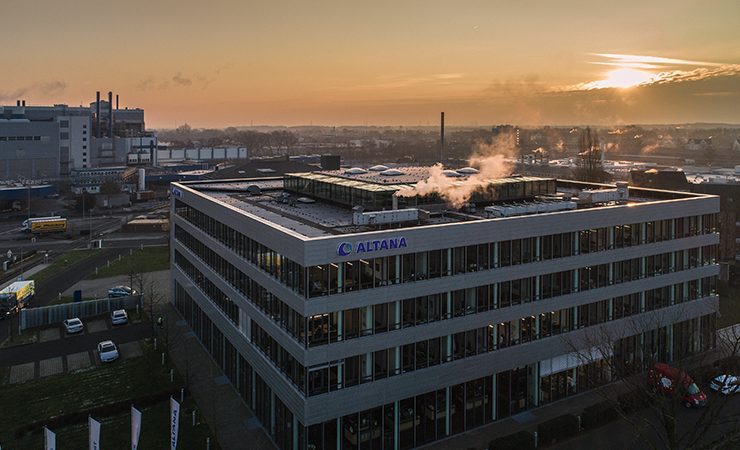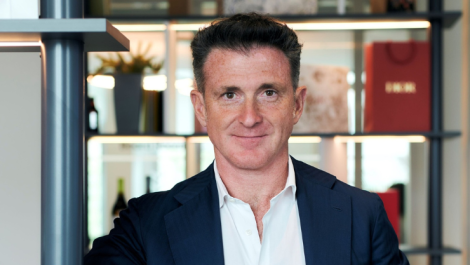Speciality chemicals group Altana is targeting zero CO2 impact from its production and energy procurement worldwide by 2025.
This builds on its already achieved target of reducing CO2 emissions by 30 percent in relation to gross value added by 2020. This target was set in 2007 and achieved a decade later.
Altana is to compensate for the ‘unavoidable use’ of natural gas until 2025 by financing equivalent climate protection projects in the regions where CO2 emissions are generated. The same applies to offsetting CO2 emissions arising from necessary business trips, company cars and the transport of goods. The speciality chemicals group noted that will help it achieve climate neutrality in its direct sphere of influence by 2025. Already in 2020, the company’s entire power supply will be converted to renewable energies.
In order to further reduce its CO2 emissions, Altana is relying on greater energy efficiency as well as heat and electricity generation at its worldwide sites. In the long term, renewable energies should also replace natural gas as a source of energy. In addition to the existing solar systems at Elantas in Ascoli Piceno, Italy, and at BYK in Deventer, the Netherlands, a further photovoltaic system went into operation at Elantas in Pune, India, which covers the electricity requirements of the new research centre at this site. In Collecchio, Italy, Elantas is currently constructing another photovoltaic system for a new production and laboratory building.
Aside from the measures at its own sites, Altana is also setting up a programme in close cooperation with its suppliers to consistently further improve the CO2 balance of purchased raw materials.
Altana CEO Martin Babilas said, ‘We want to leave our footprint on innovations, not on emissions. With our CO2 neutrality program up to 2025, we are fulfilling our responsibility for climate protection and consistently pursuing our sustainability course.’
He continued, ‘The more companies that commit themselves to climate neutrality and create the relevant facts, the faster we can achieve the Paris climate protection targets.’
In this regard, Altana and Mr Babilas are calling on policymakers to create an indispensable framework for this. The company stated that climate protection targets cannot be achieved without sufficient electricity from renewable energies at competitive prices and the corresponding grid infrastructure. Based on current calculations by the VCI, the German Chemical Industry Association, the annual electricity needs of the German chemical industry on the way to greenhouse gas neutrality by 2050 will increase to more than 11 times the current value (628 TWh compared to 54 TWh today).
‘We are therefore calling on policymakers to promote renewable energies much more strongly and swiftly,’ said Mr Babilas. ‘Incentives must be created to ensure that sufficient electricity and heat capacities from CO2 neutral sources will continue to be available in the future. New procedures must be accelerated by public subsidies and barriers to use and own production must be eliminated. Furthermore, policymakers should create comparable competitive conditions for the industry with internationally uniform CO2 pricing.’
Altana’s corporate goals for environmental and climate protection have been factored into the calculation of the variable income of top management since 2007. The goal of climate neutrality by 2025 that has now been formulated will also be integrated into the individual target agreements.
‘Our decades of experience in researching and developing innovative solutions that contribute to sustainability will benefit us in the implementation of our climate protection target,’ concluded Mr Babilas.






